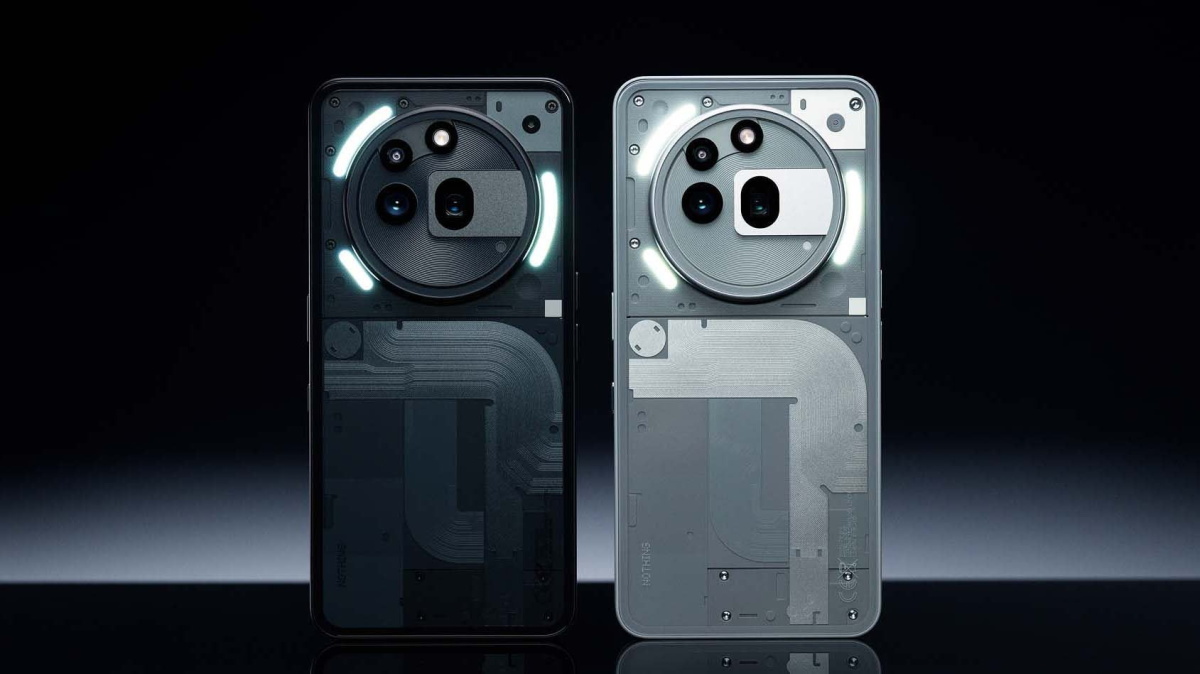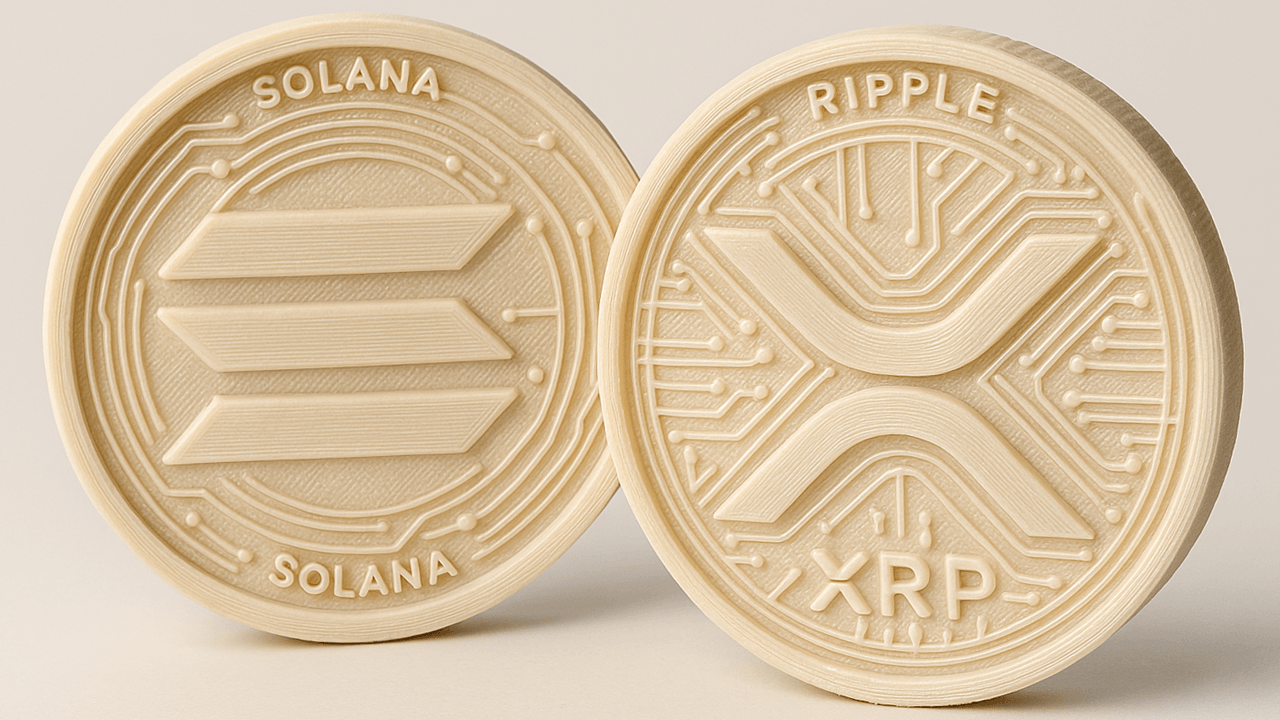The Comprehensive Guide to Ice Maker Machines
In today's fast-paced world, the demand for convenience and efficiency in food and beverage service has never been higher. Whether it’s a bustling restaurant, a cozy bar, or your home kitchen, having access to fresh, high-quality ice is essential for countless applications—from serving beverages to preserving food. Ice maker machines have emerged as invaluable appliances in both commercial and residential settings, providing a reliable and consistent source of ice on demand. This article will explore the various types of ice maker machines, their features, benefits, common applications, and considerations for selecting the right model to suit your needs. Types of Ice Maker Machines Ice maker machines come in a variety of types to cater to different needs and environments. The primary categories include portable ice makers, undercounter ice makers, and commercial ice machines. Portable ice makers are compact and perfect for home use, allowing you to produce ice quickly without needing a fixed installation. They are ideal for parties, picnics, or small gatherings. Undercounter ice makers, designed for built-in kitchen fixtures, offer a larger capacity and produce crescent or nugget ice, making them suitable for home bars or family kitchens. On the other hand, commercial ice machines are designed for high-volume output, typically used in restaurants, hospitals, and event venues. These machines can produce various ice shapes, such as cubed, flaked, or crushed ice, tailored to specific applications. Understanding the type of machine that best fits your requirements is crucial for making an informed purchasing decision. Key Features to Look For When selecting an ice maker machine, certain features can significantly enhance usability and efficiency. Start by considering the ice production capacity, which is usually measured in pounds of ice produced per day. For heavy users, a machine that produces 50 to 100 pounds of ice daily may be necessary. For casual users, smaller units capable of producing 20 to 35 pounds per day might suffice. Additionally, assess the size and design of the machine to ensure it fits your space and meets your aesthetic preferences. Some models come with built-in storage bins, while others may require an additional freezer for ice storage. Energy efficiency is another critical feature; look for machines with specific energy ratings to minimize electricity costs. Other considerations include noise levels, ease of cleaning, and whether the machine has a self-cleaning option, which can save time and maintain hygiene. Benefits of Using an Ice Maker Machine The advantages of using an ice maker machine extend beyond convenience. One of the most significant benefits is the time savings associated with having a constant supply of ice readily available. Traditional methods, like filling ice trays, can be slow and inefficient, especially when hosting larger gatherings or running a food service business. An ice maker machine eliminates the wait time, producing ice quickly and efficiently. Moreover, having access to fresh, high-quality ice helps to enhance the customer experience in commercial settings. For bars and restaurants, appealing ice presentation can elevate cocktails and beverages, leaving a lasting impression. Additionally, ice maker machines ensure that the ice produced is cleaner and free from contaminants, as the machines are designed to purify water and produce high-quality ice, contributing to overall food safety. Common Applications of Ice Maker Machines Ice maker machines find applications in a wide range of settings. In commercial environments, restaurants, bars, and cafes utilize these machines to keep drinks cool and enhance presentation. Whether it's serving craft cocktails with artisanal ice or providing guests with chilled water, ice makers are essential for maintaining a high level of service. For healthcare facilities, ice maker machines play a crucial role in patient care, providing ice for therapeutic uses and ensuring hydration. In homes, these machines cater to families that often entertain guests or enjoy icy beverages. Furthermore, outdoor enthusiasts can benefit from portable ice makers for camping trips, picnics, and tailgating events, making it easy to prepare beverages on the go. Maintenance and Care for Ice Maker Machines To ensure the longevity and efficient performance of an ice maker machine, regular maintenance is essential. This includes routine cleaning and descaling to prevent mineral buildup that can affect ice quality and machine efficiency. Most manufacturers provide specific cleaning instructions, which should be followed closely to maintain hygiene and performance. It’s advisable to periodically check water filters (if applicable) for replacements, as clean water is key in producing high-quality ice. Additionally, keeping the exterior surfaces clean and free from debris can help ensure th
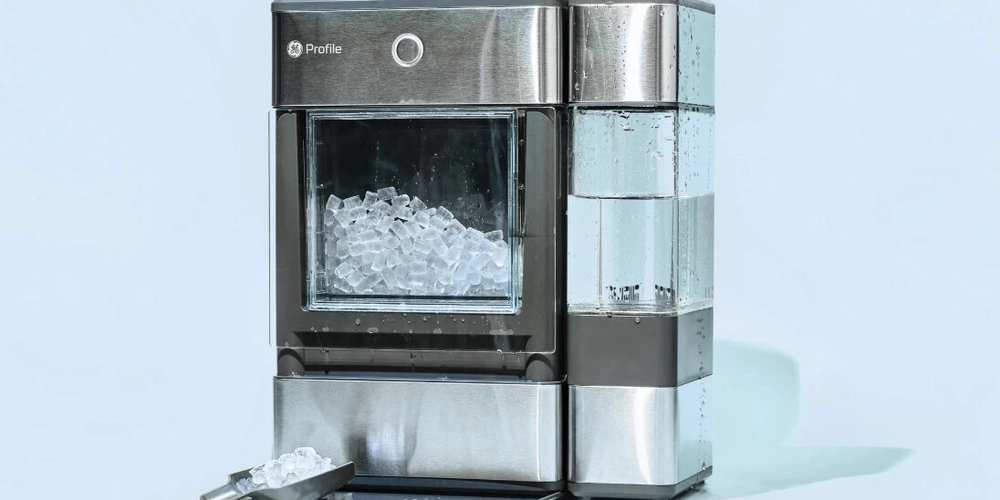
In today's fast-paced world, the demand for convenience and efficiency in food and beverage service has never been higher. Whether it’s a bustling restaurant, a cozy bar, or your home kitchen, having access to fresh, high-quality ice is essential for countless applications—from serving beverages to preserving food. Ice maker machines have emerged as invaluable appliances in both commercial and residential settings, providing a reliable and consistent source of ice on demand. This article will explore the various types of ice maker machines, their features, benefits, common applications, and considerations for selecting the right model to suit your needs.
Types of Ice Maker Machines
Ice maker machines come in a variety of types to cater to different needs and environments. The primary categories include portable ice makers, undercounter ice makers, and commercial ice machines. Portable ice makers are compact and perfect for home use, allowing you to produce ice quickly without needing a fixed installation. They are ideal for parties, picnics, or small gatherings.
Undercounter ice makers, designed for built-in kitchen fixtures, offer a larger capacity and produce crescent or nugget ice, making them suitable for home bars or family kitchens. On the other hand, commercial ice machines are designed for high-volume output, typically used in restaurants, hospitals, and event venues. These machines can produce various ice shapes, such as cubed, flaked, or crushed ice, tailored to specific applications. Understanding the type of machine that best fits your requirements is crucial for making an informed purchasing decision.
Key Features to Look For
When selecting an ice maker machine, certain features can significantly enhance usability and efficiency. Start by considering the ice production capacity, which is usually measured in pounds of ice produced per day. For heavy users, a machine that produces 50 to 100 pounds of ice daily may be necessary. For casual users, smaller units capable of producing 20 to 35 pounds per day might suffice.
Additionally, assess the size and design of the machine to ensure it fits your space and meets your aesthetic preferences. Some models come with built-in storage bins, while others may require an additional freezer for ice storage. Energy efficiency is another critical feature; look for machines with specific energy ratings to minimize electricity costs. Other considerations include noise levels, ease of cleaning, and whether the machine has a self-cleaning option, which can save time and maintain hygiene.
Benefits of Using an Ice Maker Machine
The advantages of using an ice maker machine extend beyond convenience. One of the most significant benefits is the time savings associated with having a constant supply of ice readily available. Traditional methods, like filling ice trays, can be slow and inefficient, especially when hosting larger gatherings or running a food service business. An ice maker machine eliminates the wait time, producing ice quickly and efficiently.
Moreover, having access to fresh, high-quality ice helps to enhance the customer experience in commercial settings. For bars and restaurants, appealing ice presentation can elevate cocktails and beverages, leaving a lasting impression. Additionally, ice maker machines ensure that the ice produced is cleaner and free from contaminants, as the machines are designed to purify water and produce high-quality ice, contributing to overall food safety.
Common Applications of Ice Maker Machines
Ice maker machines find applications in a wide range of settings. In commercial environments, restaurants, bars, and cafes utilize these machines to keep drinks cool and enhance presentation. Whether it's serving craft cocktails with artisanal ice or providing guests with chilled water, ice makers are essential for maintaining a high level of service.
For healthcare facilities, ice maker machines play a crucial role in patient care, providing ice for therapeutic uses and ensuring hydration. In homes, these machines cater to families that often entertain guests or enjoy icy beverages. Furthermore, outdoor enthusiasts can benefit from portable ice makers for camping trips, picnics, and tailgating events, making it easy to prepare beverages on the go.
Maintenance and Care for Ice Maker Machines
To ensure the longevity and efficient performance of an ice maker machine, regular maintenance is essential. This includes routine cleaning and descaling to prevent mineral buildup that can affect ice quality and machine efficiency.
Most manufacturers provide specific cleaning instructions, which should be followed closely to maintain hygiene and performance. It’s advisable to periodically check water filters (if applicable) for replacements, as clean water is key in producing high-quality ice. Additionally, keeping the exterior surfaces clean and free from debris can help ensure that the machine operates smoothly.
Choosing the Right Ice Maker Machine
Selecting the right ice maker machine involves careful consideration of your specific needs, preferences, and usage patterns. Assess your ice consumption to determine the appropriate capacity; larger households or businesses may require machines with higher production capabilities. Next, evaluate the available space in your kitchen or establishment to find a model that fits comfortably.
Consider the type of ice you need—cubes, nuggets, or crushed—and ensure the chosen machine can produce your desired preference. Finally, take customer reviews and manufacturer warranties into account, as they can provide valuable insights into performance and reliability. Ensuring that the machine is from a reputable brand often correlates with better quality and customer service.
Conclusion
In conclusion, ice maker machines are invaluable appliances for anyone seeking a reliable and efficient source of ice. By understanding the various types available, the benefits they offer, and how to choose the right model, individuals and businesses can enhance their beverage service and overall experience. Whether for commercial use in restaurants and bars or for personal enjoyment at home, an ice maker machine streamlines the ice-making process, providing fresh, high-quality ice on demand.
As you consider investing in an ice maker machine, embrace the convenience and versatility it brings to your life. With a constant supply of perfectly made ice, you can elevate your social gatherings, maintain health standards, and enjoy the simple pleasure of cold beverages. In a world where time is precious, ice maker machines offer a practical solution, combining efficiency with the joy of icy refreshments.



































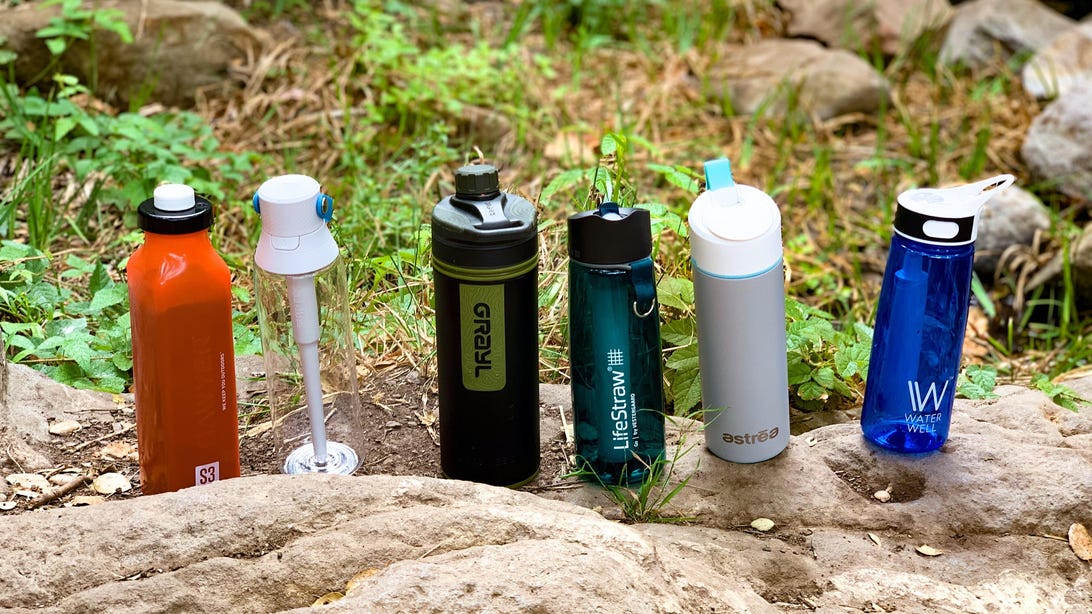








































































































































![[The AI Show Episode 143]: ChatGPT Revenue Surge, New AGI Timelines, Amazon’s AI Agent, Claude for Education, Model Context Protocol & LLMs Pass the Turing Test](https://www.marketingaiinstitute.com/hubfs/ep%20143%20cover.png)


























































































































![[DEALS] Microsoft Visual Studio Professional 2022 + The Premium Learn to Code Certification Bundle (97% off) & Other Deals Up To 98% Off](https://www.javacodegeeks.com/wp-content/uploads/2012/12/jcg-logo.jpg)



![From Accountant to Data Engineer with Alyson La [Podcast #168]](https://cdn.hashnode.com/res/hashnode/image/upload/v1744420903260/fae4b593-d653-41eb-b70b-031591aa2f35.png?#)





































































































.png?#)





























































































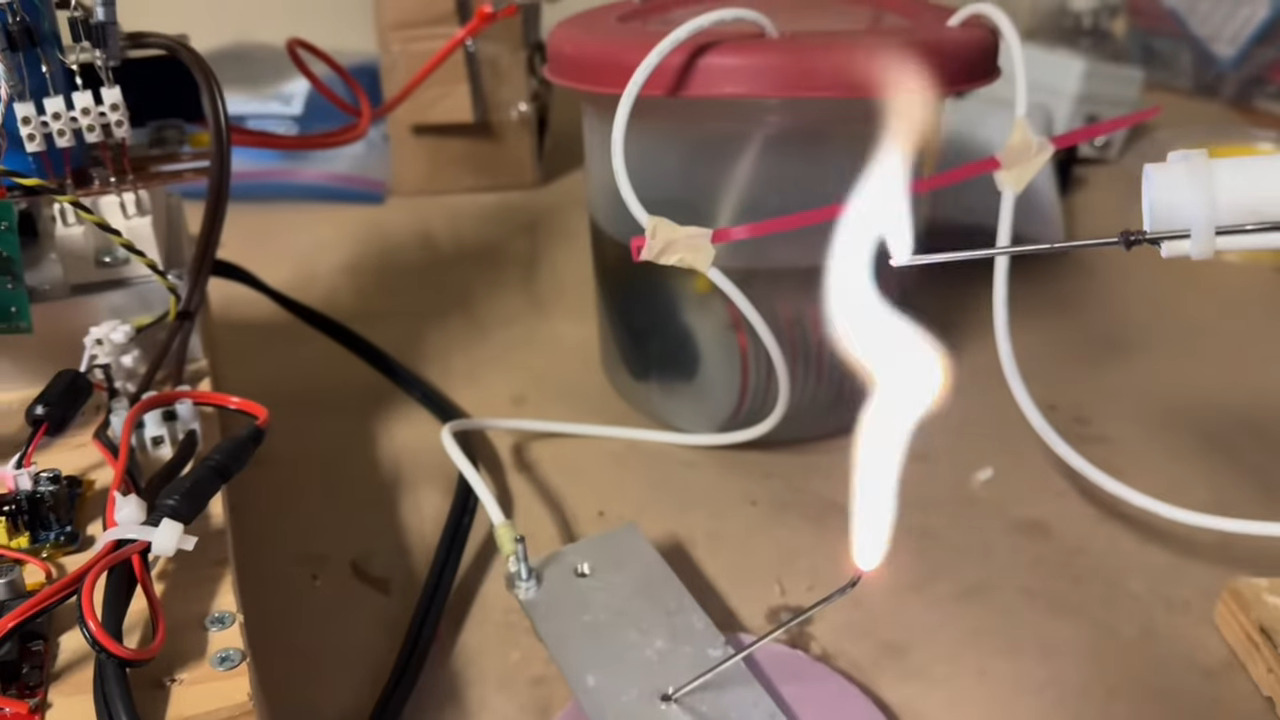
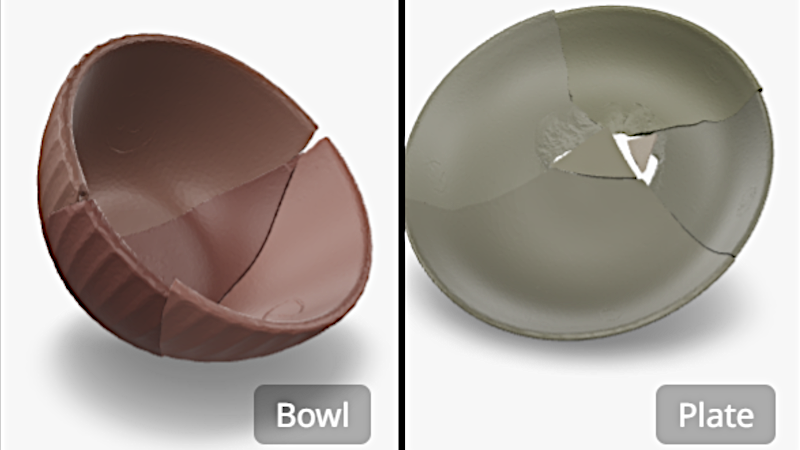

































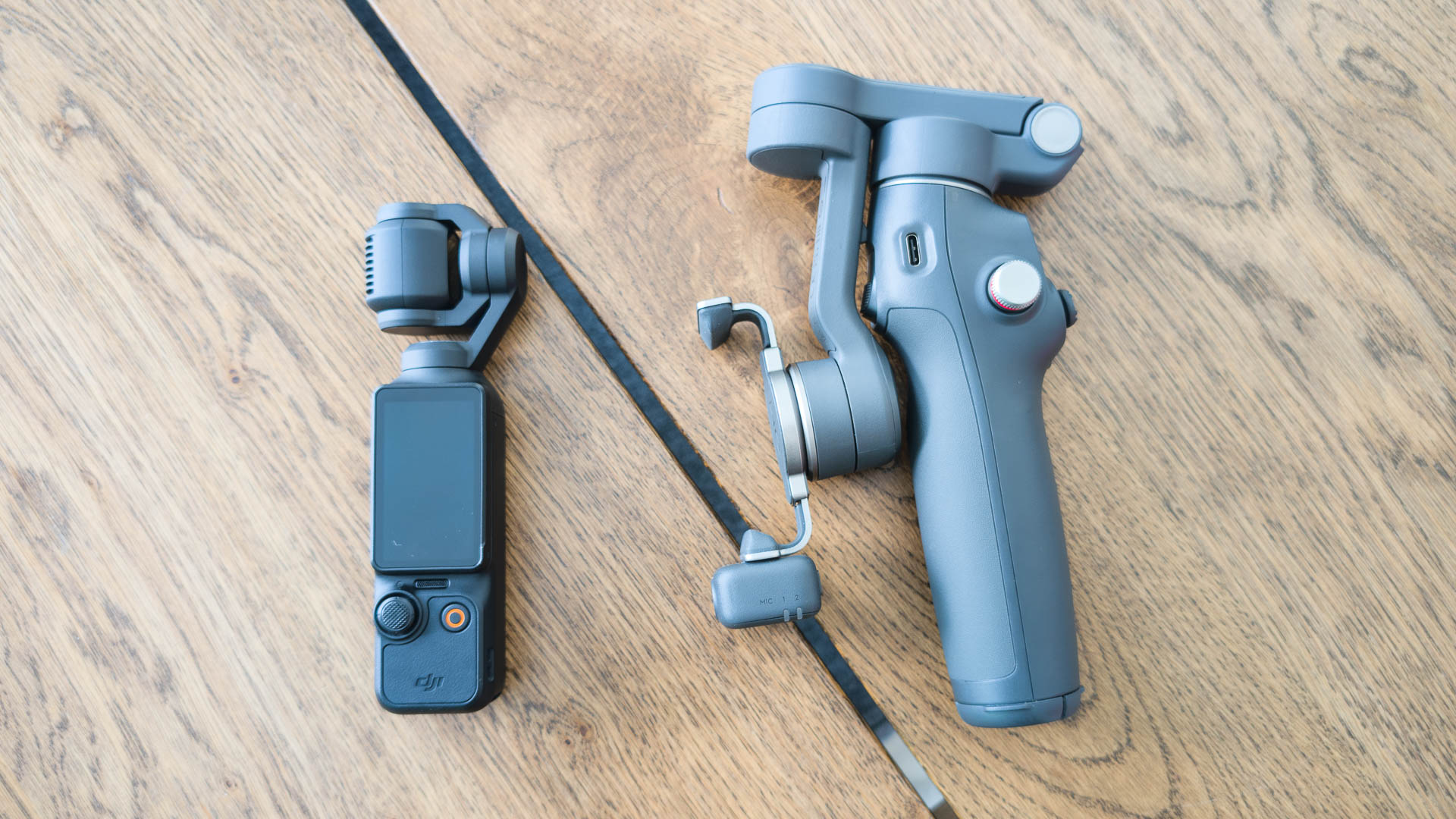
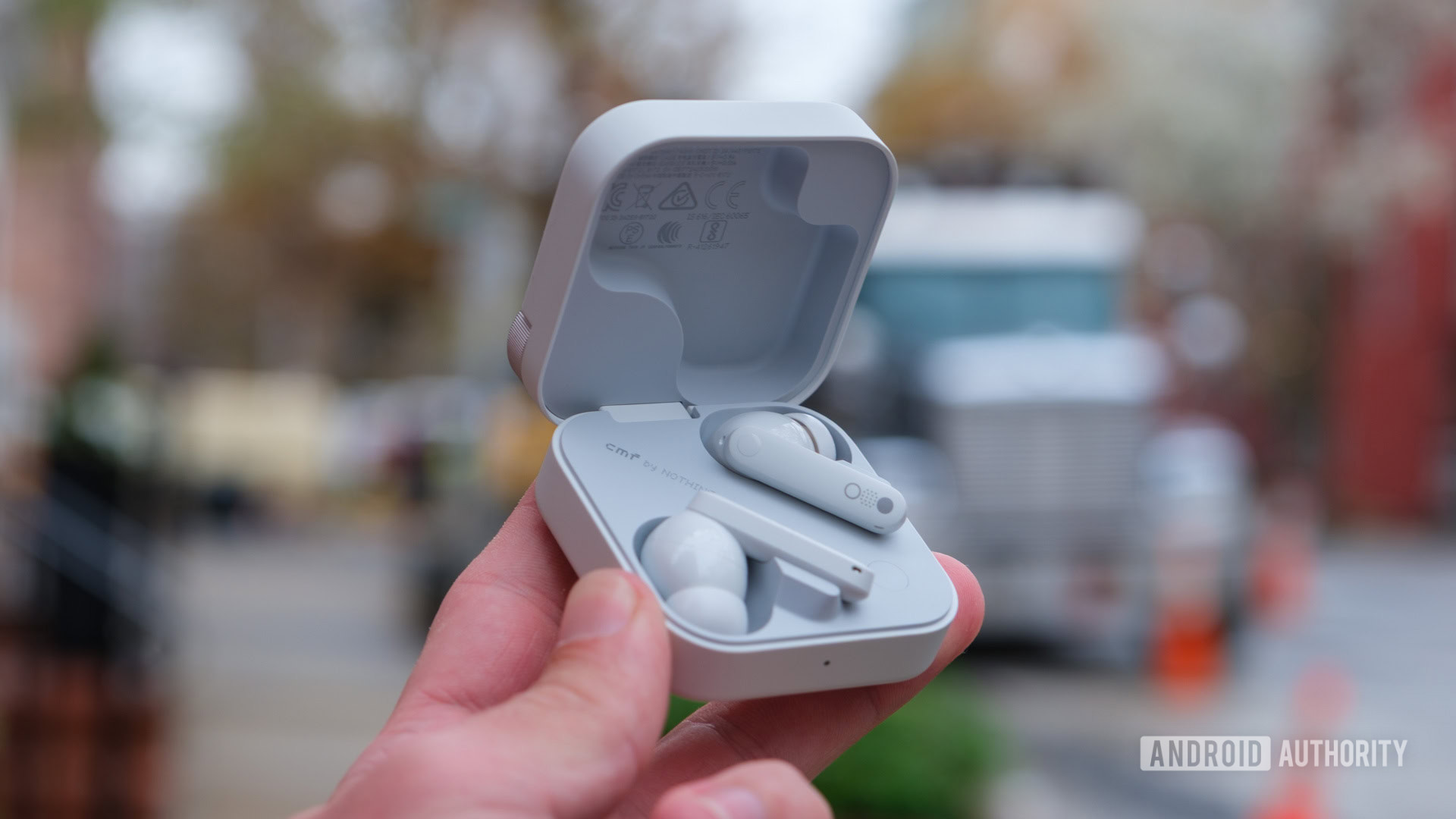
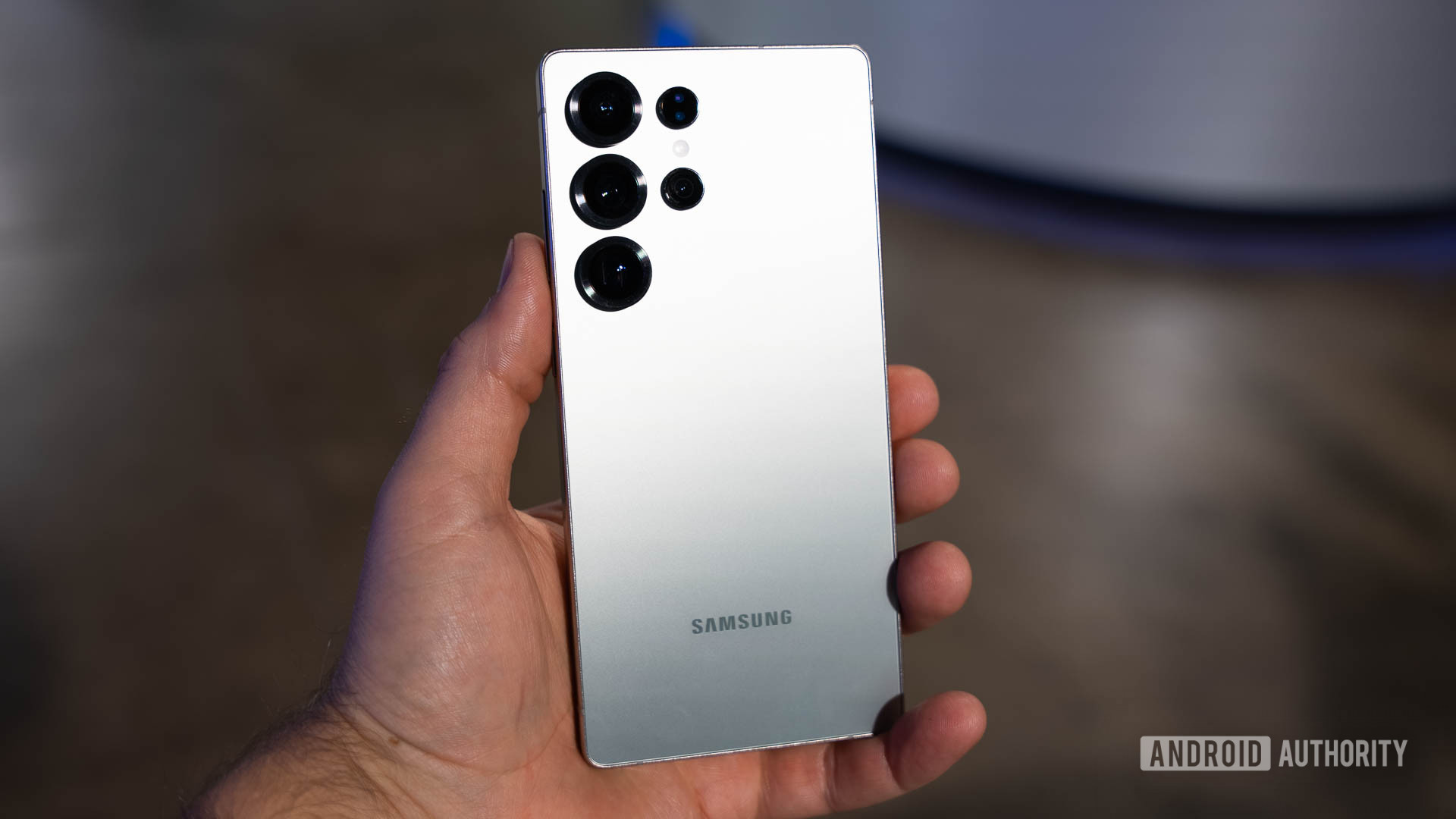

















![Apple TV+ Summer Preview 2025 [Video]](https://www.iclarified.com/images/news/96999/96999/96999-640.jpg)
![Apple Watch SE 2 On Sale for Just $169.97 [Deal]](https://www.iclarified.com/images/news/96996/96996/96996-640.jpg)

![Apple Posts Full First Episode of 'Your Friends & Neighbors' on YouTube [Video]](https://www.iclarified.com/images/news/96990/96990/96990-640.jpg)












